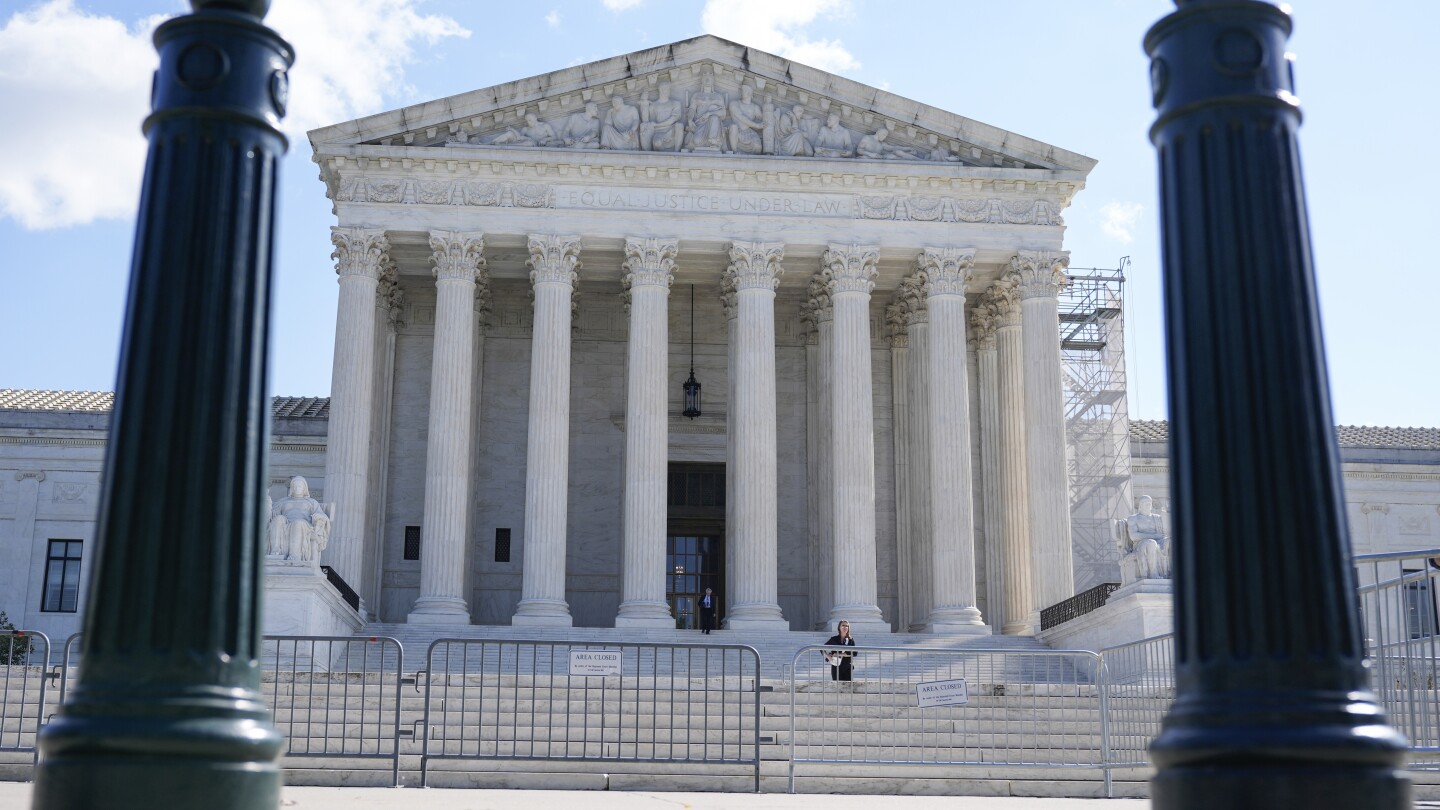The ongoing debate over Medicaid funding and abortion services takes a new turn as the U.S. Supreme Court agrees to hear South Carolina’s appeal concerning the termination of Planned Parenthood’s funding. This case, a significant one following the overturning of Roe v. Wade, questions the rights of Medicaid recipients to select their healthcare providers.
The Supreme Court is set to review a lower court decision next spring, which revolves around whether Medicaid patients have the legal standing to challenge restrictions on choosing their healthcare provider. The controversy began in 2018 when South Carolina decided to halt Medicaid funds to Planned Parenthood. Although the organization primarily uses these funds for family planning services, Governor Henry McMaster contended that any public funding indirectly supports abortion services.
Medicaid typically does not finance abortions unless the mother’s life is endangered or in cases of rape or incest. Planned Parenthood has stated that it receives less than $100,000 in Medicaid funding within South Carolina, a state that has historically aimed to minimize government support for Planned Parenthood, the largest abortion provider in the U.S.
The 4th U.S. Circuit Court of Appeals previously impeded South Carolina’s efforts following a legal challenge from Planned Parenthood and a patient, citing federal law that permits patients to choose their providers and pursue legal action if necessary. Planned Parenthood provides a comprehensive range of services, including contraception, cancer screenings, and STD testing, alongside abortion services. In South Carolina, its two clinics cater to hundreds of Medicaid-covered patients annually.
Currently, South Carolina enforces a ban on abortions after approximately six weeks of pregnancy, aligning with the wave of restrictions implemented by many Republican-led states since the Supreme Court’s 2022 decision to eliminate federal abortion protections. John Bursch, representing South Carolina through Alliance Defending Freedom, noted the state’s right to allocate its resources toward “life-affirming care.” He emphasized the need for the Supreme Court’s involvement due to differing rulings from other appeals courts.
Planned Parenthood had earlier advised the court against reviewing the case, asserting that its facilities offer vital healthcare to low-income individuals and that the law allows patients to legally challenge any limitations on their access to care. Jenny Black, CEO of Planned Parenthood South Atlantic, criticized the case as “politics at its worst,” underscoring the importance of access to affordable, quality healthcare.






